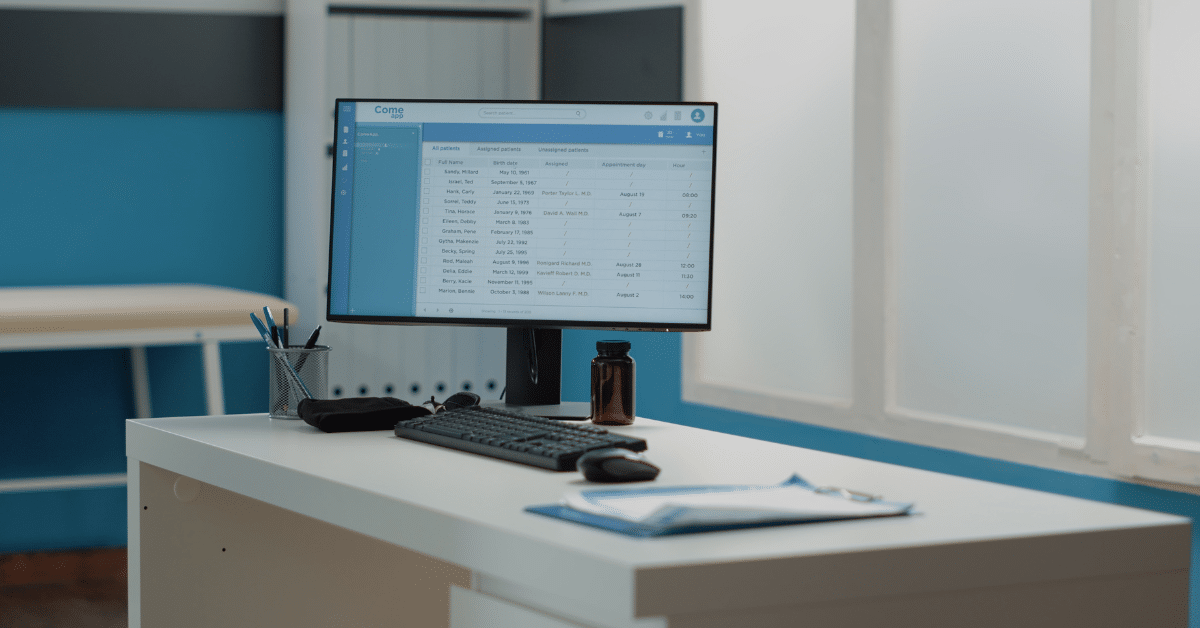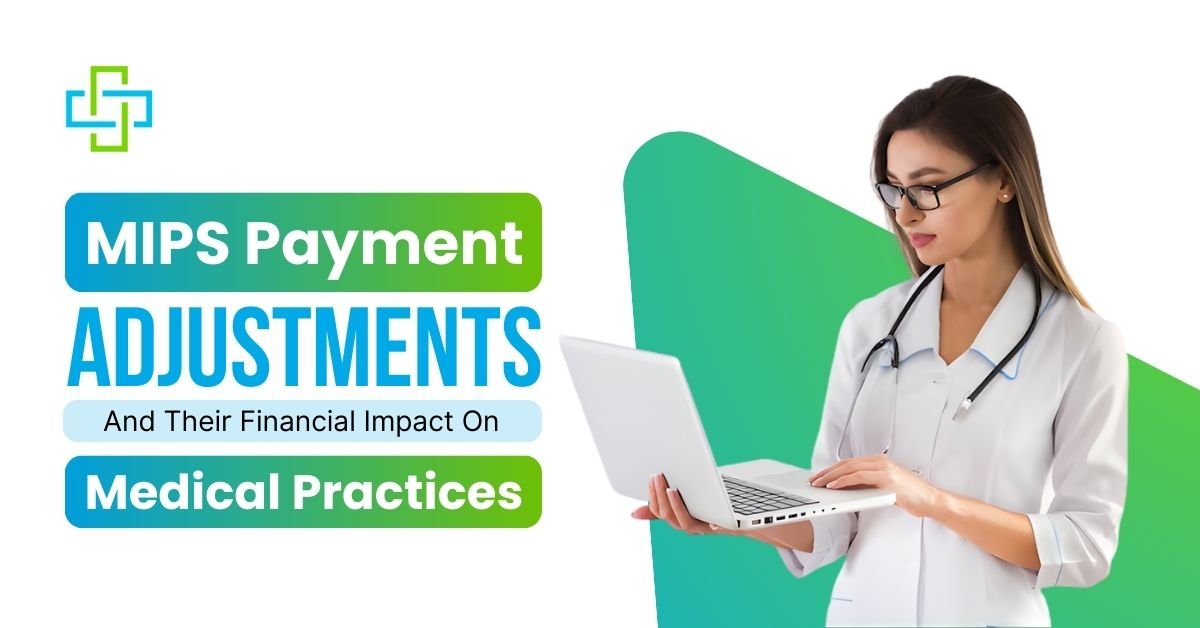In the healthcare industry, prompt and accurate reimbursements are essential to the financial health of medical practices. Effective medical billing systems are key to ensuring timely payments to healthcare providers, reducing errors, and staying compliant with regulations.
Medical billing systems are computer programs that are implemented to process the billing function within healthcare facilities. They perform operations like patient registration, insurance verification, claim filing, posting payments, and reporting.
Our medical billing services & systems minimize human errors and quicken the reimbursement process by automating these activities. In this blog, we will dig into the details of medical billing systems and how they can streamline reimbursements.
Let’s get started!
Types of Medical Billing Systems
Medical billing systems can be classified according to their structure and functionality:
1. Closed Systems
Closed systems are meant for use by one healthcare organization only. They do not exchange data with third parties, keeping the data very secure. Yet, they could be non-interoperable with other systems.
2. Open Systems
Open systems enable the exchange of data between various providers and payers of healthcare. They facilitate interoperability, ensuring free communication and coordination of care.
3. Isolated Systems
Isolated systems function independently without integration with other systems. They are commonly employed in small practices but can result in inefficiencies because of the absence of data sharing.
Knowledge of these types assists in choosing a system that suits your practice’s requirements and supports effective billing processes.
5 Features of Efficient Medical Billing Systems
In order to streamline reimbursements efficiently, a medical billing system must include the following features:
1. Automated Claim Submission
Automation minimizes errors of manual entries and accelerates the process of claim submission, resulting in quicker reimbursements.
2. Real-Time Insurance Verification
Real-time verification of patient insurance information ensures eligibility and coverage and reduces denials of claims.
3. Integrated Coding Tools
Integrated coding tools assist in precise assignment of CPT, ICD-10, and HCPCS codes, minimizing errors of coding.
4. Denial Management
Effective systems monitor denied claims, analyze denial reasons, and support prompt resubmissions.
5. Comprehensive Reporting
Comprehensive billing activity reports offer an understanding of the financial health and assist in the detection of areas that need improvement.
Advantages of Streamlining Reimbursements
Effective medical billing systems, when implemented, have a number of benefits:
- Improved claim processing results in faster reimbursements, enhancing the practice’s cash flow.
- Automation and built-in tools reduce human error in billing and coding, resulting in fewer rejections of claims.
- Remaining current with regulatory updates and proper documentation assists in staying compliant with healthcare legislation.
- Effective medical billing processes minimize billing errors and conflicts, improving the overall patient experience.
Selecting the Right Medical Billing System
When choosing a medical billing system, take the following into consideration:
1. Scalability
Make sure the system can support the expansion of your practice and process higher volumes of billing.
2. User-Friendly Interface
A user-friendly interface decreases the learning curve and raises productivity among employees.
3. Integration Capabilities
Integration capabilities to EHR and other systems increase consistency of data and workflow.
4. Security Measures
Secure security measures guard patient information that is sensitive in nature and keep compliance with HIPAA standards intact.
Role of Certified Medical Billing Systems
The use of certified medical billing systems assures compliance with industry best practices and standards. Certifications, including those provided by the AAPC, certify the ability of the system to effectively manage sophisticated billing processes.
Outsourcing a medical billing company can also streamline the reimbursement process. These services are experts in handling billing functions, keeping up with regulatory updates, and processing claim denials, allowing healthcare providers to focus on patient care.
Knowing the Types of Medical Billing
It’s important to know the various types of medical billing to maximize the billing process:
1. Professional Billing
Includes billing for services rendered by single healthcare providers, including physicians and specialists.
2. Institutional Billing
Refers to billing for services rendered by hospitals, clinics, or other healthcare centers.
Knowing these categories aids in customizing the billing system to suit unique needs.
Working with an Expert Billing Company
Where reimbursement maximization and billing frustrations are concerned, having a trusted advisor is the key.
Prime Well Med Solutions is the kind of trusted partner that medical practices can count on to bring precision, efficiency, and compliance to their billing. With a vast experience of managing end-to-end revenue cycle management, our team implements the newest medical billing software so that your claims get processed sooner, get rejected less, and are compliant to the full letter of the law.
Our medical billing solutions are adapted to your size of practice and your specialty as either a solo doc or a multi-provider institution. By outsourcing your billing functions to Prime Well Med Solutions, not only do you save money and administrative time, but you also enhance your cash flow and spend more time concentrating on patient care.
Wrapping Up
Effective medical billing systems are key to the bottom line of medical practices. Automating procedures, eliminating errors, and maintaining compliance, these systems maximize reimbursements and overall operating effectiveness.
From in-house programs to contracting out to professional firms, investing in effective medical billing programs is a forward-thinking approach to sustainable practice expansion.
If you need more details about the medical billing systems, contact us now!




